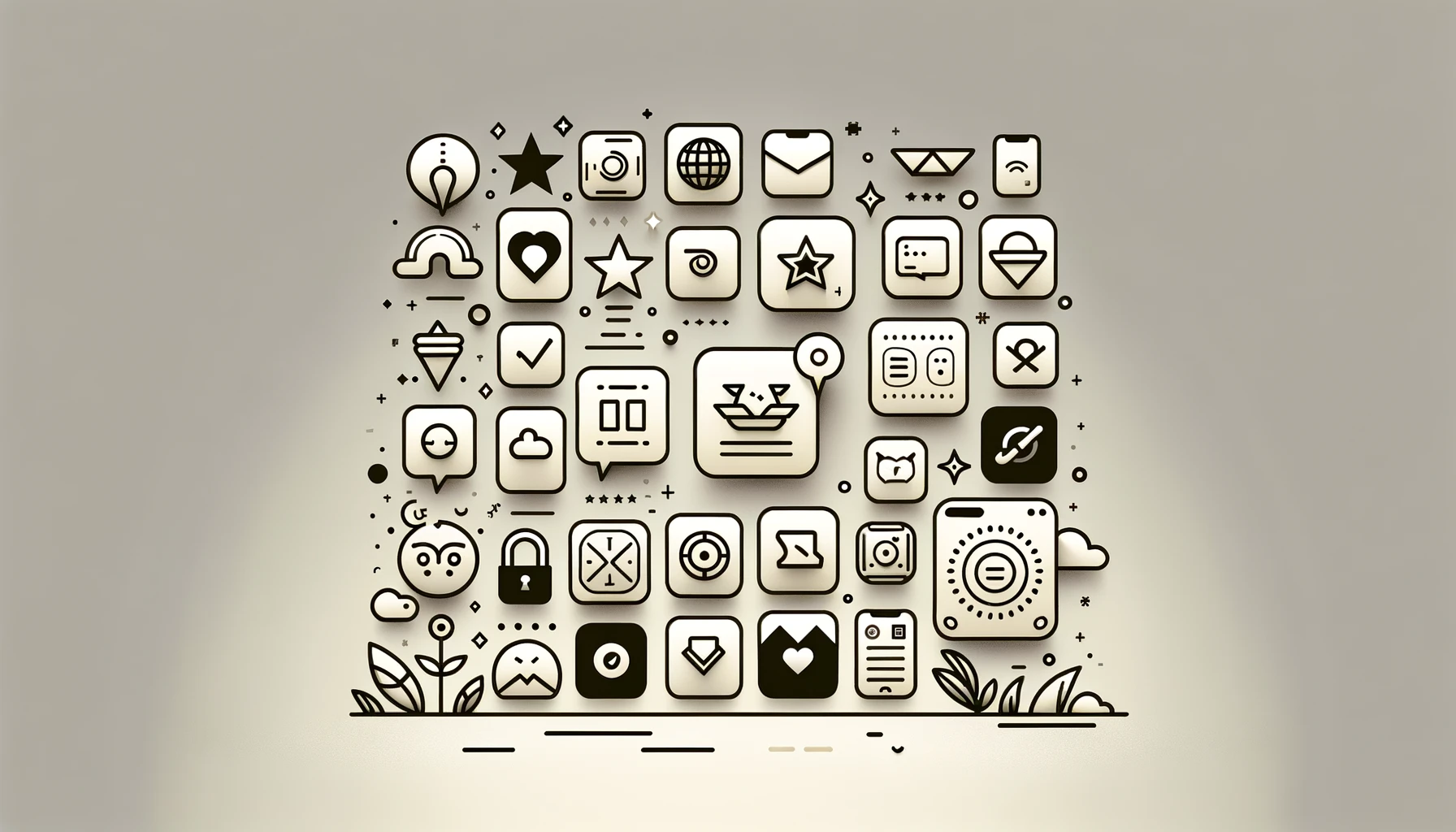Recognizing Excellence in App Design
On May 28, 2023, Apple announced the finalists for its annual Design Awards, emphasizing indie developers and startups while largely overlooking AI-driven innovations, except for one notable inclusion: the AI-powered app Arc. These awards, presented at the Worldwide Developers Conference (WWDC), celebrate outstanding design, innovation, and technical achievement across a range of categories.
The awards feature six primary categories: Inclusivity, Delight and Fun, Interaction, Social Impact, Visuals and Graphics, and Innovation. Each category highlights the best apps and games that deliver exceptional user experiences and showcase Apple’s technological ecosystem.
Key Finalists and Winners
Among the standout nominees and winners are apps that offer unique user experiences without heavy reliance on AI.
Inclusivity
- Universe — Website Builder: This app enables users to create websites without coding, using a block-centric design system. It supports various accessibility features, making web design accessible to a broader audience.
- stitch.: A puzzle app that combines gaming with relaxation, featuring support for multiple languages and accessibility options for users with visual impairments.
Delight and Fun
- Duolingo: Known for its gamified language learning platform, Duolingo continues to engage users with its interactive and entertaining approach to education.
- Afterplace: A retro-style RPG that immerses players in a quirky open world filled with mysterious creatures and adventures, designed by the self-taught developer Evan Kice.
Interaction
- Flighty: This app provides real-time flight tracking with an intuitive interface, ensuring travelers stay informed about their journeys.
- Railbound: A charming puzzle game where players connect and manage train routes, emphasizing simplicity and ease of use.
Social Impact
- Headspace: This mindfulness app promotes mental health and well-being through guided meditation and relaxation exercises.
- Endling: A game focusing on environmental issues, encouraging players to explore and understand the impact of human activities on wildlife.
Visuals and Graphics
- Any Distance: An app that visualizes fitness activities with stunning graphics, enhancing the user experience through high-quality animations.
- Resident Evil Village: The acclaimed horror game by CAPCOM, praised for its detailed visuals and immersive gameplay.
Innovation
- SwingVision: A.I. Tennis App: This app utilizes AI to analyze tennis matches, providing players with insights and performance metrics. It stands out as one of the few AI-driven nominees.
- MARVEL SNAP: A card game that combines strategic gameplay with Marvel’s vast universe, offering a fresh take on mobile gaming.
The Limited Role of AI
While AI has become a significant trend in tech, its presence in this year’s Apple Design Awards is minimal. The inclusion of SwingVision highlights how AI can enhance user experiences in specific applications, but the overall list of nominees suggests a preference for human-centric design and innovation driven by creativity and usability.
Reflections on the Selections
From my perspective, the focus on indie developers and startups is a positive move. It highlights the creativity and ingenuity of smaller teams that might otherwise be overshadowed by larger corporations. The limited presence of AI could indicate a shift towards more sustainable and user-friendly applications that prioritize accessibility and engagement over complex technological integrations.
This year’s nominees and winners demonstrate that outstanding design and user experiences can be achieved through simplicity, creativity, and thoughtful implementation of technology. As the tech landscape evolves, it will be interesting to see how future Apple Design Awards balance innovation with user-centric design.






